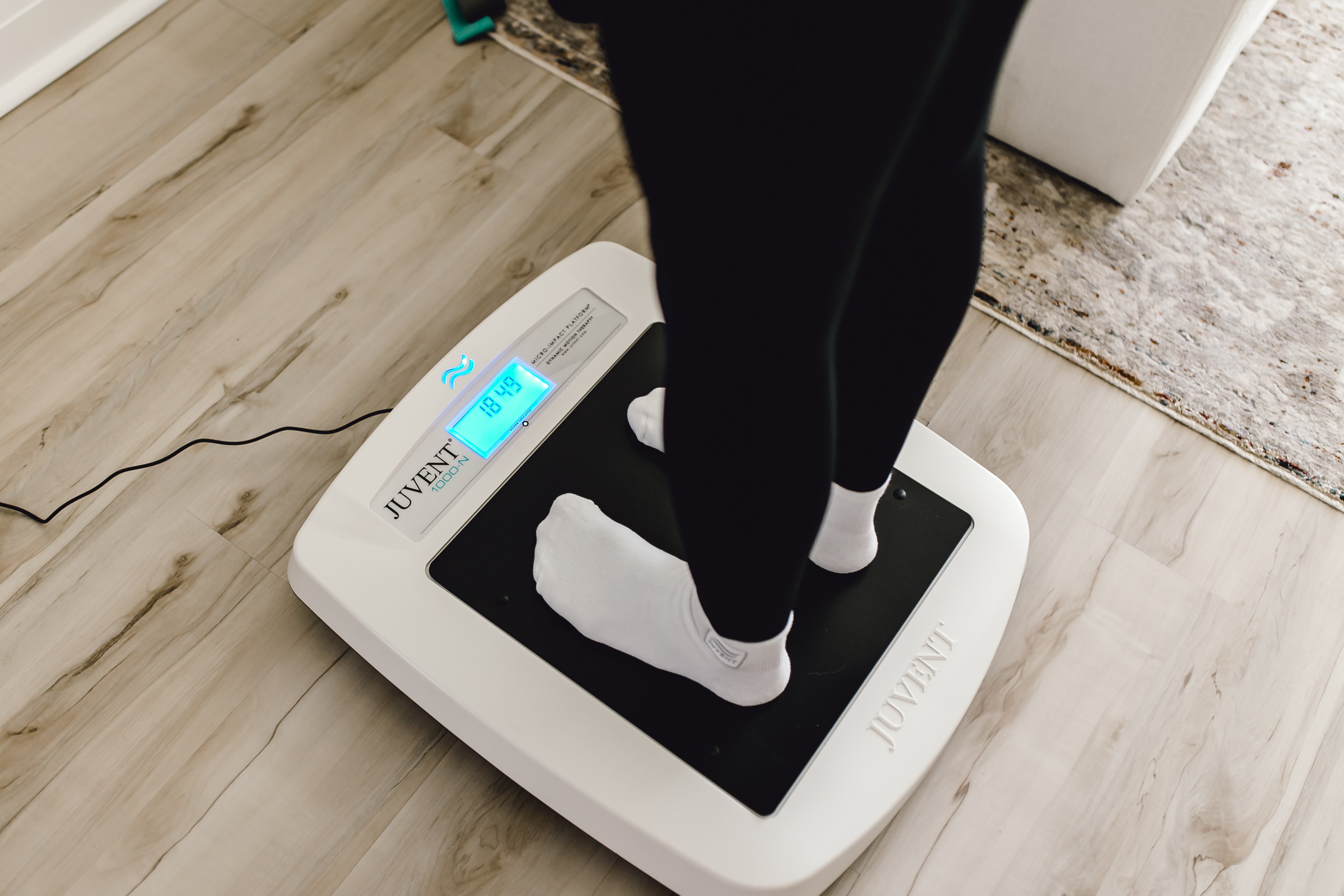Reaching post-menopause means you’ve had the fortune of navigating several decades of life and have made it to the other side of menopause. While many symptoms of menopause may ease, this new stage also brings its own set of health considerations. Staying proactive with your healthcare provider is essential to maintaining wellness, strength, and vitality. Knowing the right post-menopause questions to ask can make a big difference in how you manage your health moving forward, so we’ve created a helpful guide to start the conversation.
Why It’s Important to Stay Connected With Your Doctor
Even though the hot flashes, mood swings, and irregular periods of menopause may fade, your body still experiences lasting changes due to decreased estrogen levels. Bone health, heart health, mental clarity, and joint health all require ongoing attention. When considering what kind of doctor treats menopause and who you should visit, it’s often a gynecologist or menopause specialist, though some primary care providers are also well-equipped to guide women through post-menopausal care.
What Questions Should I Ask a Menopause Specialist?
Here are essential menopause questions to bring up during your next appointment and why:
- How can I protect my bone health? Estrogen plays a major role in maintaining bone density. After menopause, the risk of osteoporosis rises. Talk to your doctor about bone density scans, dietary adjustments, and supplements. Juvent’s HydroxyBMD3 Bone Health & Cardiovascular Supplement Support supports maintaining bone strength and health naturally.
- Should I be concerned about heart health? After menopause, your risk for heart disease increases. Ask your menopause doctor how to monitor heart health, whether you should have cholesterol and blood pressure checks more frequently, and what lifestyle adjustments may be beneficial.
- How should I manage weight changes? Weight gain is a common post-menopausal concern. Discuss safe strategies for maintaining a healthy weight, including exercise routines, nutrition plans, and the role of strength training in boosting metabolism.
- Are there treatments for vaginal or urinary changes? Vaginal dryness and urinary tract changes are common but rarely talked about. Your doctor can suggest options ranging from simple lifestyle changes to medical therapies to enhance comfort and sexual health.
- What can I do about joint pain and stiffness? Joint pain often worsens after menopause. This could be due to decreased estrogen, leading to increased inflammation. Ask about physical activity programs, anti-inflammatory diets, and supportive therapies like Juvent’s Micro-Impact Platform®, which can aid joint comfort and mobility naturally.
- Is hormone therapy still an option for me? While hormone therapy is commonly discussed during the transition into menopause, some women may still benefit from it post-menopause. Have an open conversation with your doctor about the risks and benefits based on your personal health profile.
- How often should I have cancer screenings? The risk for certain cancers, like breast, colon, and ovarian cancer, can increase with age. Make sure you're up to date on recommended screenings like mammograms, colonoscopies, and pelvic exams.
- How can I support my mental and emotional health? Anxiety, depression, and cognitive shifts can occur post-menopause. Don’t hesitate to talk openly about emotional wellness and ask for strategies or referrals if needed.
Finding the Right Doctor for Menopause
When seeking a doctor for menopause, it’s important to find someone who listens carefully, respects your concerns, and stays current with menopause-related care. A specialist certified by the North American Menopause Society (NAMS) can be an excellent resource for expert guidance.
Don’t Let Life After Menopause Get You Down
Post-menopause is a time to celebrate resilience, but it can feel like you don’t know your body. Staying informed, asking the right questions, and partnering with a knowledgeable doctor can help you feel empowered, healthy, and thriving for years to come. With the help of supplements and tools from Juvent, you’ll support your wellness and feel your best for each day to come.
FDA Disclosure
In the US, the Juvent device is considered investigational for the treatment of osteoporosis or improvement/maintenance of bone mineral density and our claims have not been reviewed or cleared by the FDA to treat any disease or condition. (2) Calculated over the 20+ year expected life of a Juvent. The JUVENT® Micro-Impact Platform® is Registered as a Class I medical device for exercise and rehabilitation. JUVENT products are covered by the following issued patents, pending patents and their foreign equivalents: 6,843,776 6,884,2277,094211 7,207,954 7,207,955 7,985,191 8,114,036 11/369,611 11/486,538. Juvent, Dynamic Motion Therapy, Micro-Impact Platform, and the symbol are Registered trademarks of Regenerative Technologies Corporation.




Share:
Which Vitamins Are Essential for Human Wellness?
The Link Between Inflammation and Nerve Pain—And What You Can Do About It